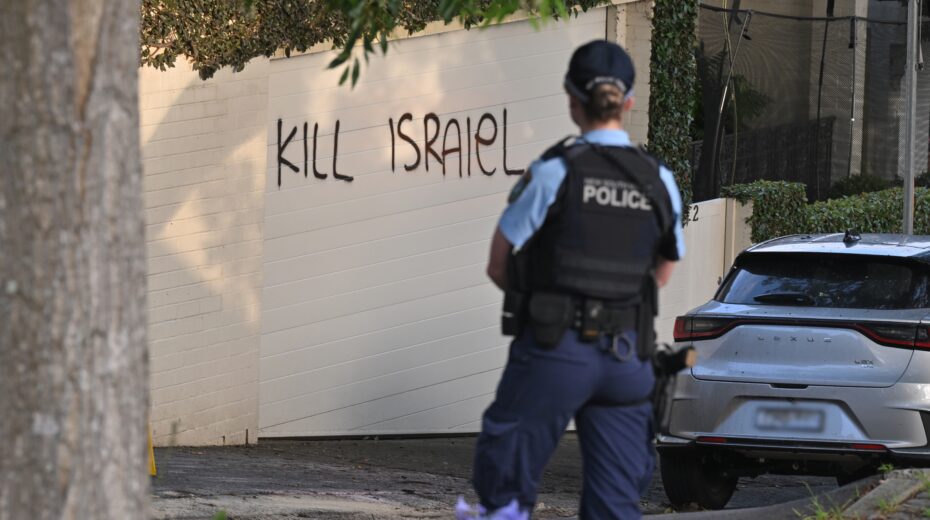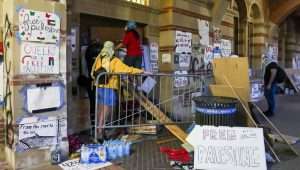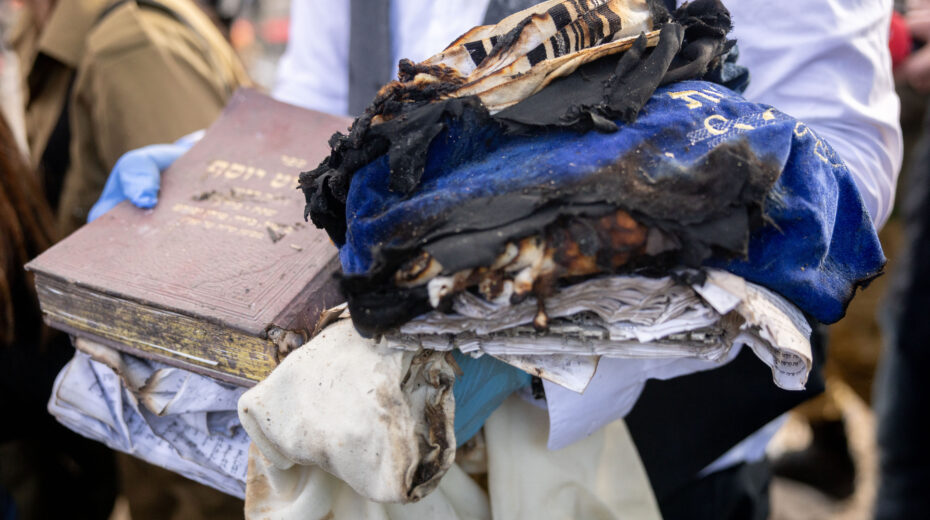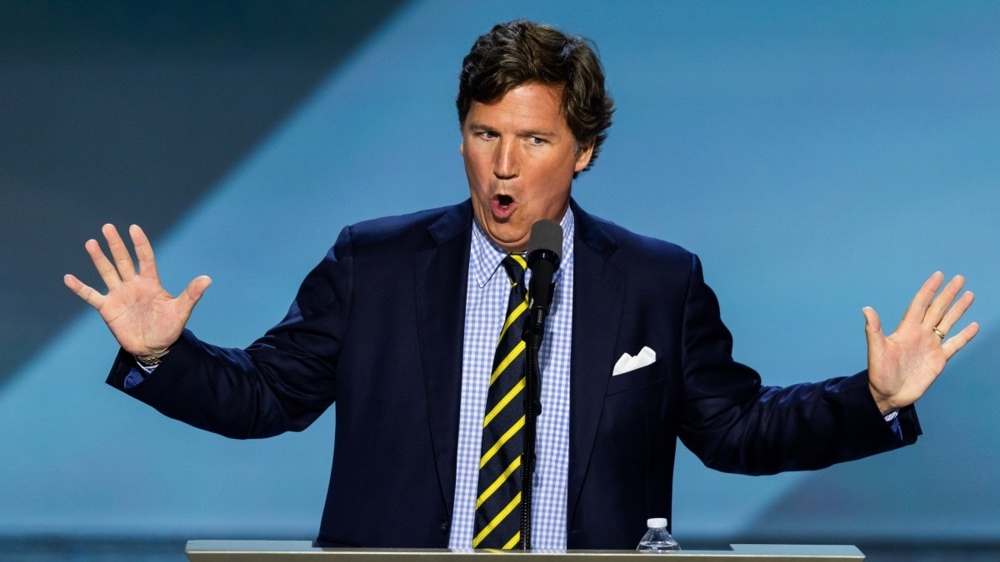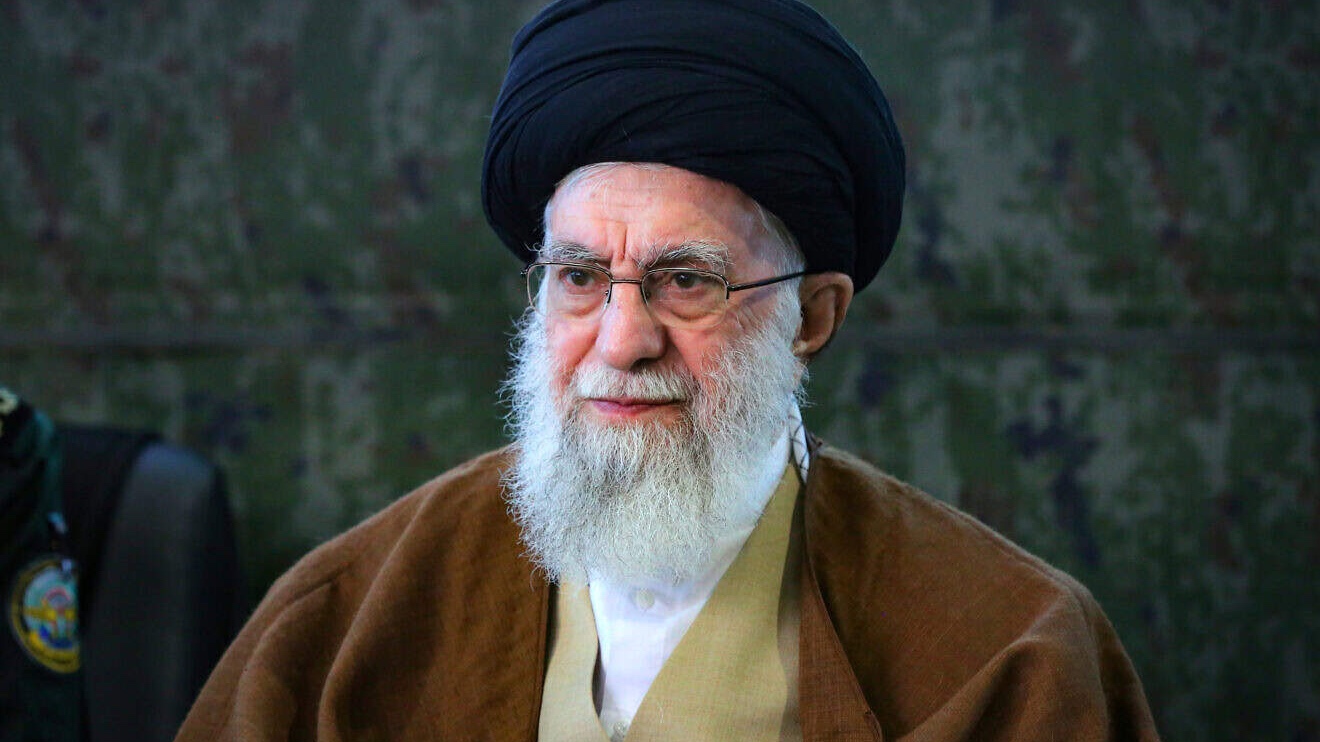A recent report by the Ministry of Diaspora Affairs and the Fight against Anti-Semitism dramatically shows the impact that statements made by public figures can have. For example, the statements made by former Israeli Defense Minister and army chief Moshe (Bugi) Yaalon, who accused Israel of waging an “ethnic cleansing war” in the Gaza Strip, had far-reaching consequences. The report shows that these statements triggered a wave of antisemitic and anti-Israel reactions on social networks and international media. They also fueled global antisemitism and reinforced negative portrayals of Israel.
The responsibility of public figures is not limited to making politically correct statements, but also to consider the potential impact of their words on the international perception of Israel and the reinforcement of antisemitic currents. Yaalon is not an isolated case here.
Findings of the report
The report by the Ministry of Diaspora Affairs and the Fight against Anti-Semitism highlights three key points:
- Significant increase in antisemitism online: The report documents tens of thousands of mentions of the “ethnic cleansing in Gaza” narrative between November 30 and December 10, 2024. Tweets on the X platform alone received millions of views, including responses from public figures such as Senator Bernie Sanders and former Egyptian Vice President Mohammed El-Baradei.
- Influence on international reporting: Extensive articles appeared in The New York Times, Reuters and CNN with headlines such as “war crimes” and “ethnic cleansing.” The total reach is estimated at around 700 million. This reporting has reinforced negative narratives about Israel worldwide.
- Key negative narratives promoted by Ya’alon: Ya’alon helped spread the narratives that Israel is a messianic and fascist state, that it is starving Palestinians in the Gaza Strip, and that the war is only aimed at establishing settlements in the Gaza Strip.
Former Israeli Defense Minister Yaalon is right.
Netanyahu’s government is committing war crimes & ethnic cleansing in Gaza. You don’t fight terrorism by starving people & killing tens of thousands of civilians.
I hope more Israeli military leaders will join him in speaking up. https://t.co/pya3YGsu2J
— Bernie Sanders (@SenSanders) December 2, 2024
The case of Moshe Yaalon
On November 30, 2024, Yaalon said in an interview that the Israeli government was carrying out “ethnic cleansing” in the north of the Gaza Strip and preparing settlement cores. These claims were picked up by international media and led to a 1,500 percent increase in negative reporting. On the X platform (formerly Twitter), anti-Israel mentions increased by 1,800 percent. At the same time, the report documents that antisemitic narratives such as “Israel is committing war crimes” or “ethnic cleansing” have increased massively.
It is not just the criticism that is problematic, but the way in which such statements are exploited by Israel’s opponents. The terms “ethnic cleansing” or “war crimes” are particularly damaging in the international arena and can cause diplomatic and economic damage to Israel. They also reinforce antisemitic stereotypes and lead to an increase in anti-Jewish incidents worldwide.

When words boomerang
Ya’alon is not the only public figure whose statements have damaged Israel. Former Prime Minister Ehud Barak has also caused controversy in the past with similar statements. In 2023, during the dispute over judicial reform, Barak compared the Israeli government to the “beginning of a dictatorship.” These words were picked up internationally and interpreted as evidence of the destabilization of democracy in Israel. Critics of Israel used these statements to strengthen political campaigns against the state and to stir up antisemitic sentiment.
Another example is the organization Breaking the Silence, whose members have repeatedly made accusations against the Israeli army. Although criticism is important in democratic discourse, such reports are often taken out of context by international organizations and media, which can significantly damage Israel’s reputation while reinforcing antisemitic narratives.
Responsibility of public figures
Public figures bear enormous responsibility, as their words have an impact across national and cultural boundaries. At a time when social networks and international media have enormous reach, thoughtless or deliberately provocative statements can have far-reaching consequences. They can not only weaken Israel’s international position, but also reinforce anti-Semitic narratives and fuel prejudice against Jews worldwide.
Lessons for the future
The ministry’s report shows how important it is for public figures to choose their words carefully. Criticism of policies is legitimate and necessary, but should be expressed constructively and in a framework that protects the interests of the state and does not fuel accusations that reinforce antisemitic currents.
Minister Amichai Chikli put it succinctly: “Irresponsible statements cause serious damage to Israel on the international stage and feed antisemitic narratives. We must spread the truth about Israel’s actions and counter these dangerous narratives.”
The message is clear: words have power. It is up to all public figures to use this power responsibly, not only to preserve their own integrity, but also to protect the reputation of their country and to support the global fight against antisemitism.
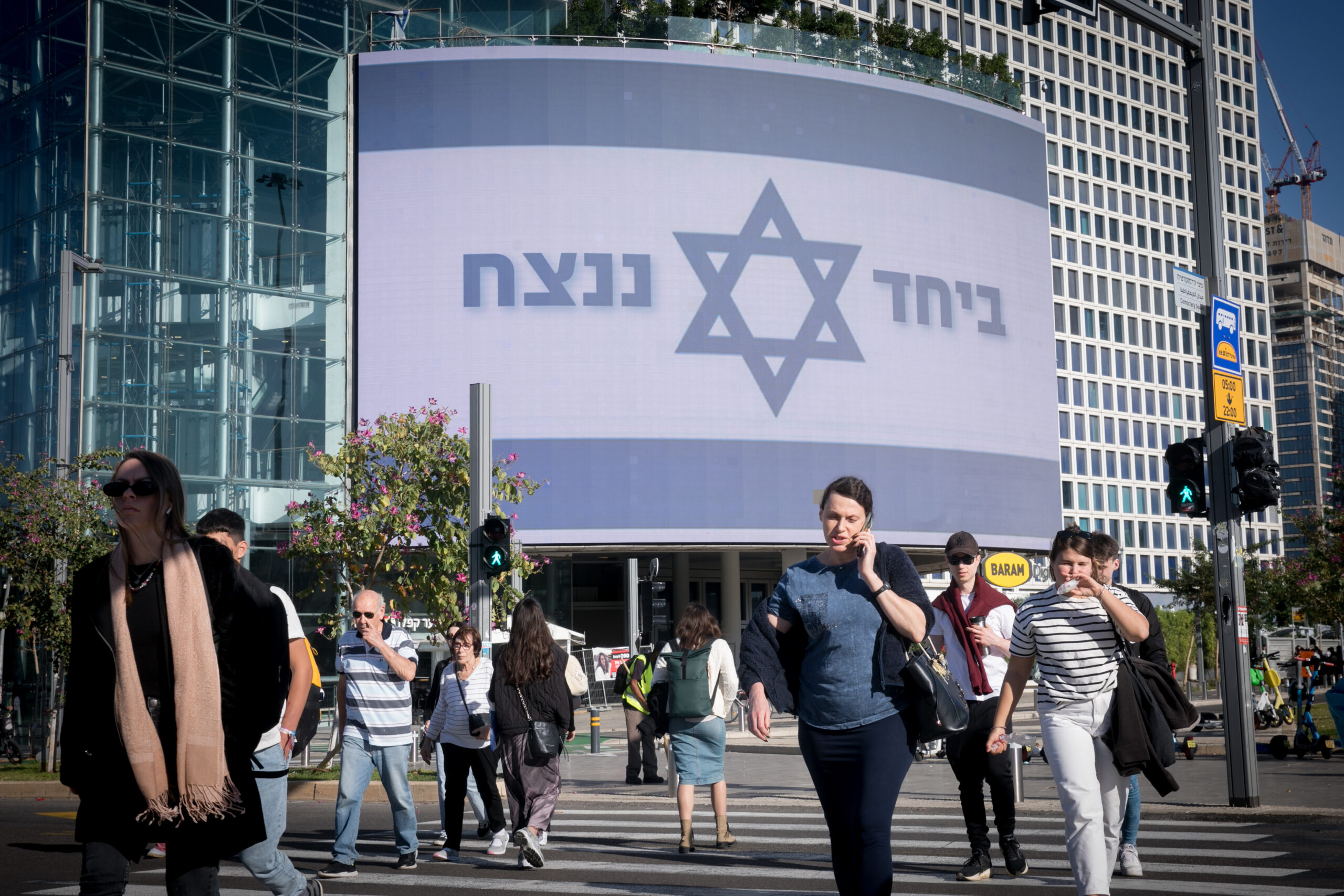
It is especially important in times like these that the people of Israel stick together, remain united against Israel’s enemies, and save their internal disputes for a time after the war. Only “together we will win” (Heb. Beyachad Nenazeach – ביחד ננצח) – a slogan that was seen everywhere in Israel at the beginning of the war.


